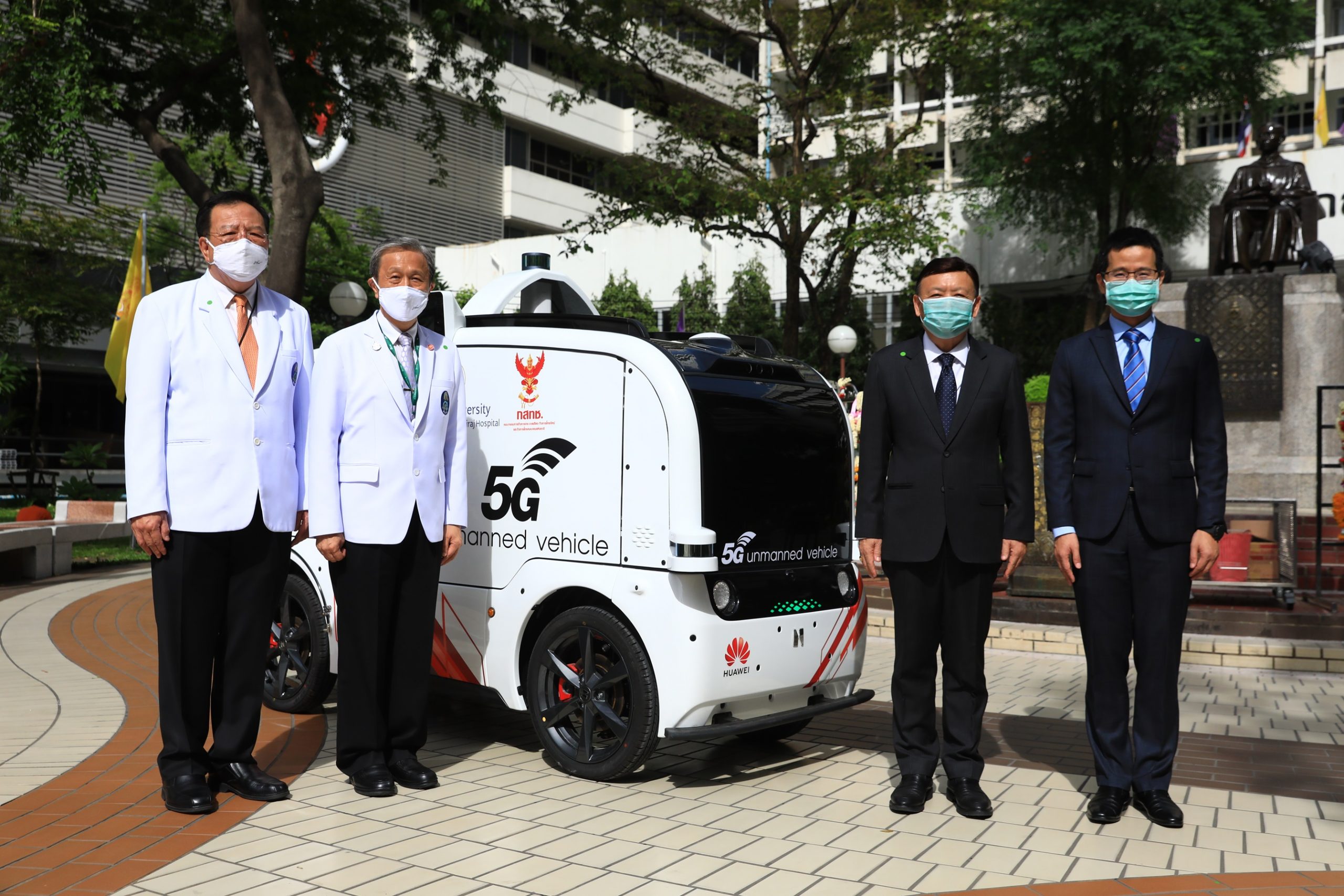|
Facial recognition technology has made significant advancements in recent years, revolutionizing various industries and raising concerns about privacy and security. This article delves into the latest developments in facial recognition technology, its applications, benefits, and the ethical implications surrounding its usage. Facial recognition technology utilizes artificial intelligence algorithms to identify and verify an individual's identity based on their facial features. The process involves capturing an image or video of a person's face, extracting unique facial landmarks, and comparing them against a database of stored faces. This technology has gained widespread adoption in diverse fields, including law enforcement, banking, retail, and personal devices. In law enforcement, facial recognition is employed for criminal investigations, enhancing public safety, and identifying missing persons. It aids in quickly identifying suspects from surveillance footage, helping law enforcement agencies solve crimes more efficiently. However, concerns have been raised regarding potential biases in the algorithms utilized, leading to false identifications and unjust arrests. Facial recognition technology has also found its way into the banking sector, providing an additional layer of security for transactions. By integrating facial recognition systems with mobile banking apps or ATMs, users can authenticate themselves using their face, making financial transactions more secure and convenient. Nevertheless, questions have been raised about data protection and the vulnerability of personal information stored within these systems. Furthermore, retailers have embraced facial recognition to enhance customer experiences. By analyzing facial expressions and emotions, businesses can gauge customer satisfaction levels, personalize services, and optimize marketing strategies. However, this application raises concerns about invasion of privacy and potential misuse of sensitive data. While facial recognition technology offers numerous benefits, it also presents ethical challenges. Privacy advocates argue that constant monitoring and tracking of individuals through facial recognition systems infringe upon civil liberties. There are concerns that facial recognition could be used for mass surveillance, leading to a "Big Brother" society, where privacy is a thing of the past. Moreover, there is an ongoing debate about the accuracy and fairness of facial recognition algorithms. Studies have shown that these systems can exhibit biases, particularly against people of color and women. This raises discrimination concerns and highlights the importance of continuous improvement and regulation in the facial recognition industry. To address these issues, policymakers and technology developers must work collaboratively to establish robust guidelines and regulations that protect individual privacy, ensure algorithmic fairness, and promote transparency. Ethical frameworks should be implemented to govern the use of facial recognition technology, preventing its misuse while harnessing its potential for societal benefit. In conclusion, facial recognition technology has advanced significantly in recent years, offering a wide range of applications and benefits across various industries. However, concerns regarding privacy, security, bias, and discrimination persist. It is crucial for stakeholders to engage in meaningful discussions and develop ethical guidelines to strike a balance between the advantages of facial recognition and the protection of individual rights.  |
